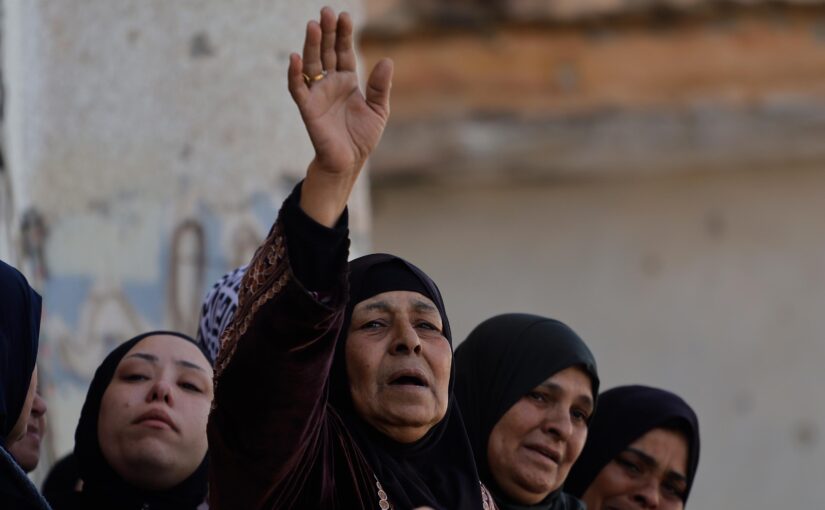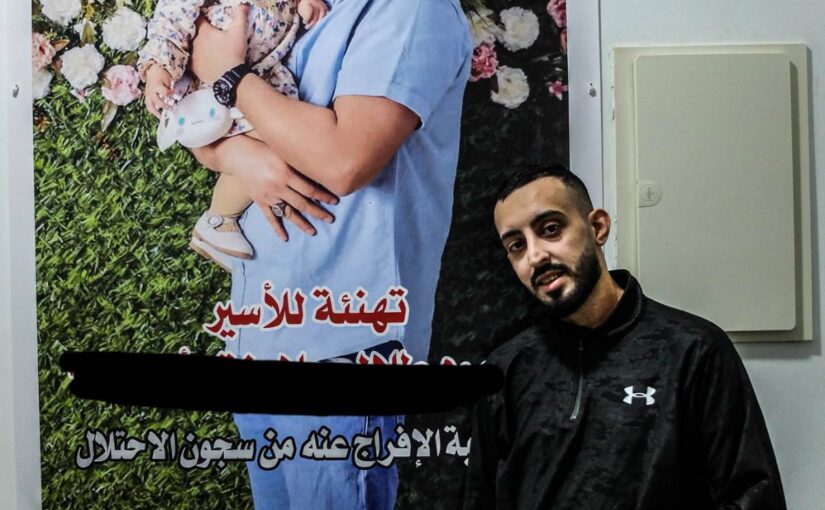Tag: Jenin
-
What Does Israel Want in The West Bank?
Northern West Bank By Diana Khwaelid Israel is carrying out massive military operations to displace residents of camps in the northern West Bank, unprecedented since the Second Intifada. Since the seventh of October, Israeli attacks on West Bank cities, especially in the north, have not stopped. We are talking about the cities of Jenin, Tulkarm, Tubas,…
-

Twelve martyrs in Jenin camp in less than 20 hours
Jenin — West Bank – By Diana Khwaelid The Israeli occupation forces are seriously escalating in the West Bank, in particular in its Northern regions. In the Jenin camp, an Israeli aerial bombardment targeted six Palestinians including three brothers, and a child no older than 15. On the evening of Tuesday, January 14th, an Israeli…
-

Torture as a daily routine: a witness from Israeli prisons
His face is hollowed out, white skin pulled over prominent cheekbones. The eyes, tired but wide open, never stop. Abed just got out of Al-Naqab prison in southern Israel five days ago. He still can’t believe it. “I lost 60 kilos in less than a year.” He shows a giant picture of himself hanging in…
